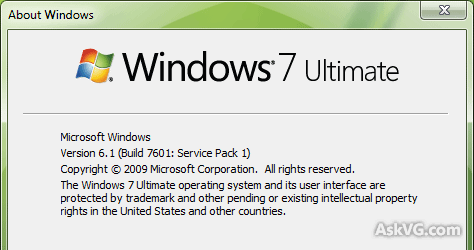Kali Linux Iso For Usb
May 26, 2018 See the disk size to determine which USB you want to install the Kali Linux. Let’s say disk 1 is your USB, so type select disk 1. Type clean and hit enter. Type create partition primary. Now, type select partition 1. We need to format that partition now, so type format fs=fat32 quick. Once the format is done, type active and then assign. Copy your Kali ISO to USB and extract it using WinRAR or 7zip. Installing various operating system is an interesting task and I enjoy it a lot. You might know that how to create bootable USB for Windows and also create a bootable USB for Mac OS. In this article, I’m going to show the easiest and better that you can create bootable USB for Kali Linux or Ubuntu.
When I tried to boot my PC into Windows 10 I got a screen with a sad face saying unmountable_boot_volume.
After searching it said I needed a Windows 10 USB or CD which I do not have.
I still have access to Kali Linux on my PC by booting up with my SSD.
How can I make a bootable Windows USB with a ISO in Kali Linux OS?
Kali Linux Iso Usb Stick
DavidPostill♦4 Answers
You can create a bootable usb using the command dd :
example: the output of fdisk -l is /dev/sdb1 :
There is an easier way coming built in with kali linux.
- Just Browse to the windows iso location
- Right click on iso
- Open with other appalication
- select Disk image writer
- select your usb device from the drop dows menu
- click restore
- click restore again
- wait until finished
- boot with usb
- install windows bla bla blah
VOILA.. 😉😉😉😉😉😉
I had major problems with the above solutions as DD made the drive UDF format, I managed to compile woeusb by following instructions Here, Make sure software-common-properties is up to date.I also had to edit the changelog in /woeusb/debian and add a version number (I used 1.0.1.1) and edit the
to
Has it been removed from the Server 2008 R2 SP1 integrated install package?  Or am I already infected somehow?Note, my other 2008 R2 servers were upgraded to SP1 using the SP1 package. I thought Windows 7 and Server 2008 R2 included it also, since my other Server08R2machines have it. On further examination I realized that it was because it was not installed.I tried installed Windows Defender using the downloadable package WindowsDefenderX64.msi, but it tells me that I don't need it because Vista includes Windows Defender.
Or am I already infected somehow?Note, my other 2008 R2 servers were upgraded to SP1 using the SP1 package. I thought Windows 7 and Server 2008 R2 included it also, since my other Server08R2machines have it. On further examination I realized that it was because it was not installed.I tried installed Windows Defender using the downloadable package WindowsDefenderX64.msi, but it tells me that I don't need it because Vista includes Windows Defender.
to avoid the signature check.
Obviously running this command whilst in that directory.
There is WinUSB which works quite well.Add the following rep: ppa:colingille/freshlightand install WinUSB